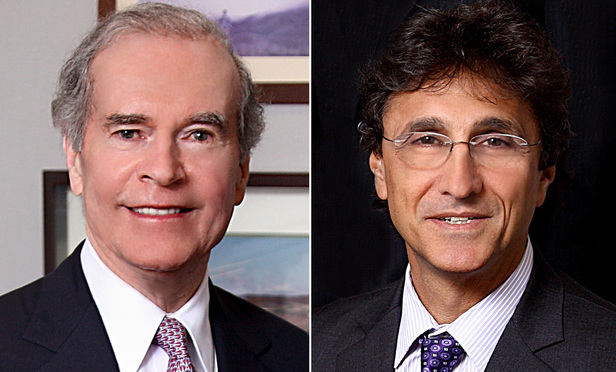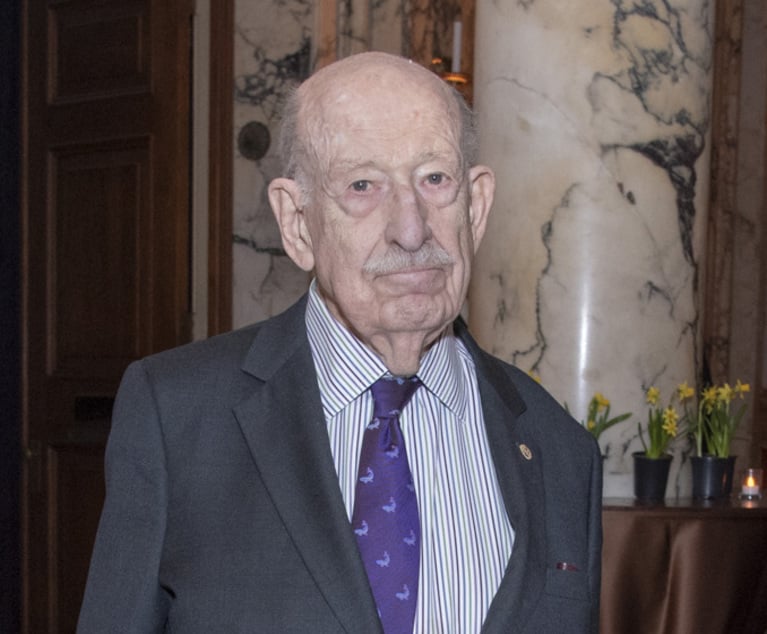Twenty-five years ago, this column addressed the question of whether a physician’s entire office record, including the reports of consulting physicians and any findings or opinions contained therein, is admissible in evidence. See Moore, “The Admissibility of Physician’s Office Records,” NYLJ (June 6, 1995), p. 3. The column concluded that they are admissible, so long as the material was kept in the regular course of the physician’s business and was related to the diagnosis or treatment of the patient. Among the law discussed in that column was the decision of the First Department in Freeman v. Kirkland, 184 A.D.2d 331 (1st Dept. 1992). Recently, our esteemed colleague and good friend, Michael J. Hutter, in his New York Law Journal column on evidence, discussed that 1995 column and the Freeman decision, and concluded that Freeman should no longer be followed. See Hutter, “Admissibility of Medical Reports of Consulting Physicians Kept in a Treating Physician’s File,” NYLJ (Oct. 1, 2020), p. 3. Professor Hutter’s thoughtful analysis of the law notwithstanding, we respectfully disagree with his conclusion.
The plaintiff in Freeman sustained multiple traumatic injuries when she was struck by a truck while crossing a street. Her treating physician testified at trial, and his entire medical file was admitted in evidence. On appeal, the defendant argued that this was error. The First Department rejected that argument, stating:
Nor did the trial court abuse its discretion in allowing into evidence the complete medical file of plaintiff’s treating osteopathic physician, including records, reports and correspondence generated by other medical specialists and laboratories, where the treating physician’s testimony at trial established that the medical records related to the diagnosis and treatment of plaintiff’s injuries (CPLR 4518; Moran v Demarinis, 152 AD2d 546; Davis v Robins Co., 99 AD2d 342, 347).


 Thomas A. Moore and Matthew Gaier
Thomas A. Moore and Matthew Gaier




